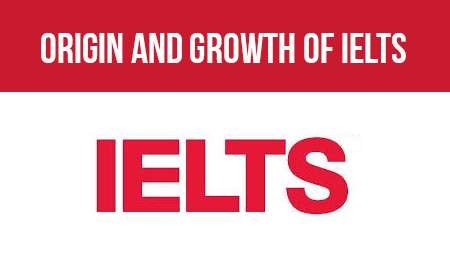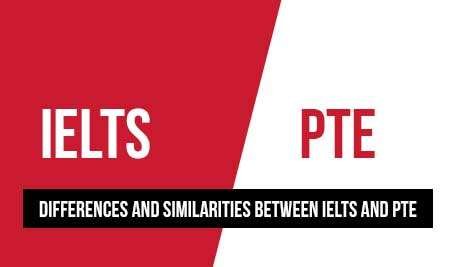Tips for IELTS success
Tips for IELTS success IELTS success can be achieved by relentless practice in the supervision of a professional IELTS trainer at a premium IELTS training institute like Touchstone Educationals. However, there is no other IELTS training institute which can match the credentials of Touchstone Educationals. http://www.touchstoneedu.com/achievements/ Achieving IELTS success is a 6 step procedure: Secure …










